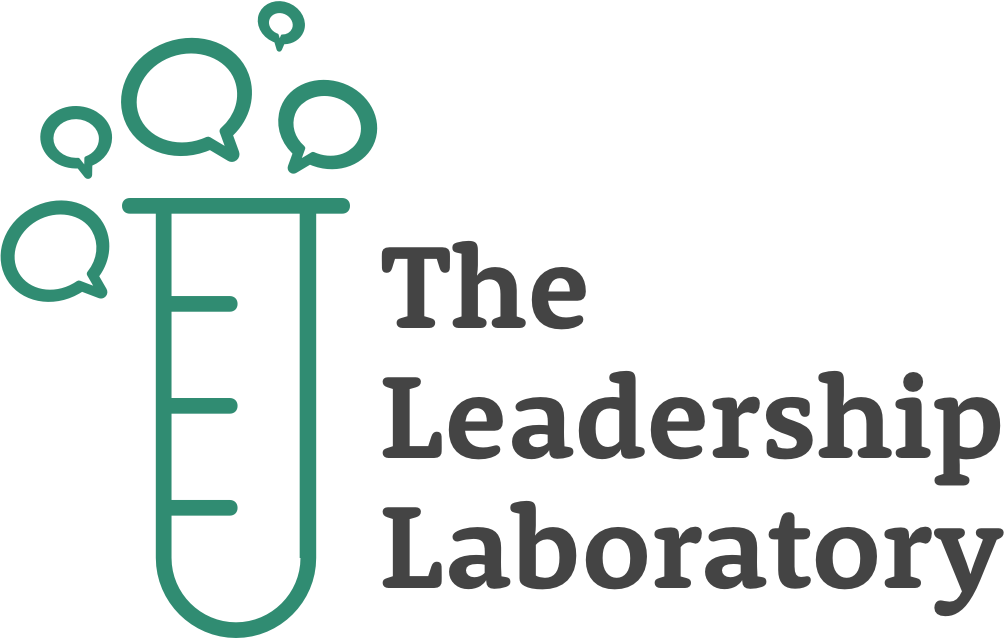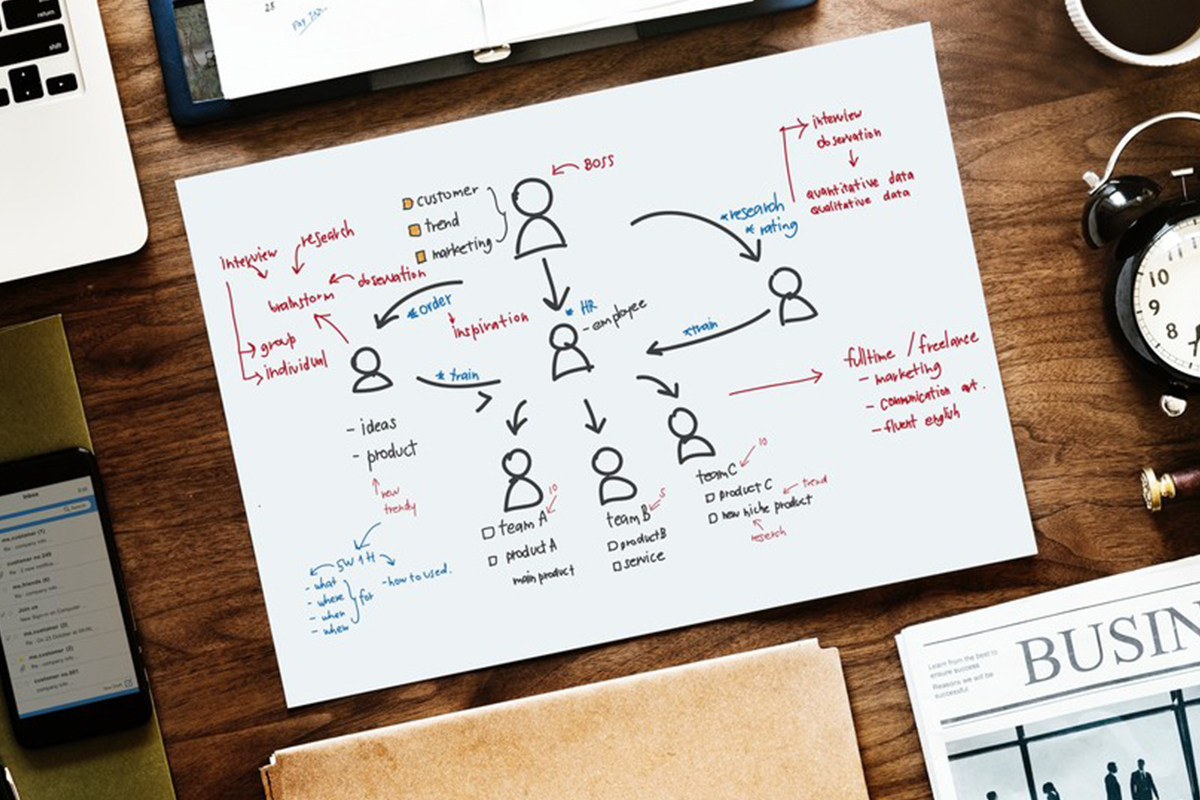Written by Jacob Goldstein — Executive Director
Interested in workshops on this topic for you and your team? Visit the Organizational Development + Design page for recommended interactive learning experiences from The Leadership Laboratory for emerging and established leaders in your organization.
With the seasons changing, many of us are kicking things off with a new professional challenge. Whether it’s a move to a new organization, a new team, a new internal position, or even accepted a new project, it’s healthy and helpful to expand outside of our comfort zone, flex our creative muscles, and stretch our minds. Changing or adding in a new element to our careers is exciting, and it’s helpful to remember the natural emotions people face whenever they begin a new professional challenge.
To help us think through where we’re at in this process, it’s beneficial to review the Conscious Competence model. This framework helps us to identify where we are currently at, the emotions we may be feeling, and remind us that learning a new job takes time – it’s a process!

IMAGE SOURCE: THE UK COLLEGE OF PERSONAL DEVELOPMENT
Phase 1: Unconscious Incompetence (1 – 3 Months)
We start off our new journey in the Unconscious Incompetence phase. Think of this zone as an area of “blissful ignorance” – we’re still getting to know who’s who, we’re learning a bit more about the culture, the lay of the land, and what people expect from us. This is a major time for LEARNING – discovering the jargon, institutional knowledge, and cultural norms that make the company and team operate the way they do.
One of the most important things we can do to set ourselves up for success in this phase is to focus on that learning. To ensure our plans are strategically minded, be sure to ask your supervisor the following question: “What THREE things would you like me to accomplish in the next three months?” That’s it! You should have no more than three priorities during this phase. For people who like to hit the ground running, having this target is crucial; you’ll know at the end of the three months whether or not you’ve hit that target and are learning at the appropriate pace. Anything else you do is the icing.
Phase 2: Conscious Incompetence (6 – 9 Months)
If Unconscious Incompetence is about LEARNING, Conscious Incompetence is about AWARENESS. Suddenly, the honeymoon period is over; you are conscious and aware of all the things you are supposed to know, yet don’t. That software system, that budgeting process, who to talk to or get approval from for which scenario. This phase is without a doubt the most difficult to be in – and we’re here for a while.
The good news, while it might be hard to believe, is that you are not alone. EVERY person entering a new job goes through this phase, and while it’s the most difficult, it’s also the most rewarding. This is the area where we step outside our comfort zones and experience the most growth. With time, energy, and practice, we start to see a major shift in our confidence as we connect the dots and increase our level of competence.
Phase 3: Conscious Competence (6 – 12 Months)
Typically after a full year, you are able to grasp a complete work cycle. You’ve see the ebb and flow of projects, and experience a full calendar of processes, practices, and performance. At this point, you enter the Conscious Competence phase. Suddenly, you are conscious and aware of what you do, in fact, know. What before was confusing or unknown is suddenly a concept that you’ve mastered. And with that mastery comes polish, confidence, and stronger organizational presence.
As we begin to get more and more comfortable, we must remind ourselves to keep learning. What new experiences, skill sets, behaviors, or growth opportunities can we take on to keep our minds active? In this phase, consider what new elements of your career you’d like to begin working towards.
Phase 4: Unconscious Competence
This is the area of true mastery. Here, everything is second nature – you can do tasks confidently, with little doubt about what’s needed. You also can play around with approaches, trying out different ways to get to the end result. Typically, it takes about two full years to get to this phase; it’s often the phase we’re in just before starting off a new opportunity, which is what makes us so surprised when we get back to the beginning of the process again.
Individuals can stay in the Unconscious Competence phase for a short period or long period of time. While it is a zone of mastery, it can also be an area of complacency, as our roles and responsibilities become a bit more predictable. Just like what was started in the Conscious Competence phase, what new skills or experiences can you gain? How can you begin to prepare NOW for your next career step, and gain new knowledge or skills in advance? What coaching or mentoring can you provide in an effort to bring others up to speed? Keeping these questions in mind can help to avoid the feelings of complacency often observed in this phase.
Knowing what you know now, where are YOU currently in your own career? What adjustments might you make to set yourself up for success on your leadership journey?
The Leadership Laboratory is a nation-wide, Chicago-based learning and leadership development company. We build and facilitate custom team and leadership development workshops aimed at transforming the way we lead our work and people. Through interactive workshops, participants will experience customized professional development for emerging and new leaders, established and senior leaders, and teams of all sizes. Feel free to browse our website, www.leadershipdevelopmentlab.com, to learn more about our team building workshop and leadership development programs.

